Modern operating room at Van Don District Medical Center.
Professional capacity at district-level medical centers is increasingly improved. Evidence of this progress is the successful emergency and surgical cases right at the district level. Recently, the Department of Reproductive Health Care and Obstetrics (Van Don Medical Center) successfully treated a case of acute fetal distress at 39 weeks of gestation, preserving the health of both mother and child in a critical situation. Pregnant woman HTV (40 years old, Ngoc Vung commune) was admitted to the hospital with signs of green and dirty ruptured membranes, suspected of fetal distress. The low fetal heart rate (60-80 beats/minute) caused the doctors to quickly consult and decide on an emergency surgery. The surgery took place urgently in 30 minutes, with smooth coordination between obstetricians, anesthesiologists and nurses. Dr. Bui Thanh Tuan (Head of the Department of Reproductive Health Care and Obstetrics) said: Acute fetal distress is an especially dangerous obstetric condition that can lead to fetal death or severe neurological sequelae if not treated promptly. Early detection and timely intervention are vital factors.
This case is also an important reminder for pregnant women, especially those who are pregnant at an advanced age, to adhere to regular prenatal check-ups and follow medical instructions to ensure the safety of both mother and baby throughout pregnancy.
Recently, doctors at Tien Yen Medical Center successfully performed surgery on an 81-year-old patient with a collapsed D12 thoracic vertebra using a biological cement injection technique. The surgery was performed by Dr. CKII Luc Chien Thang and his team in just 20 minutes, and the patient was able to walk after 8 hours of surgery. The biological cement injection method helps to quickly relieve pain, restore mobility early, and minimize postoperative risks in the elderly such as pneumonia, pressure ulcers, blood loss, and surgical site infections. According to Dr. Thang, this is a safe, minimally invasive technique, suitable for elderly patients, helping to avoid the risk of referral. This technique used to be only available at the central and provincial levels, but has now been mastered at the district level, providing convenient treatment opportunities and cost savings for local people.
Doctors at Quang Son Commune Health Station (Hai Ha) treat and take care of people's health.
The commune-level health station system in Quang Ninh has also gradually affirmed its role as the frontline in primary health care. Currently, 100% of health stations have doctors working. Investment in facilities and equipment at the commune level has also been of interest to the province and the health sector. From 2023 to present, 126 commune-level health stations in the province have had their facilities and infrastructure repaired and maintained, with a budget of over 260 billion VND. Thanks to the extensive network and increasingly improved medical human resources, many health stations have proactively implemented programs for disease prevention, expanded vaccination, management of non-communicable diseases, periodic maternity care and effective first aid.
Quang Son Commune Health Station (Hai Ha) is located in a remote area of the province, with 95% of the population being ethnic minorities. The station not only performs well in routine vaccinations but also proactively monitors the health of the elderly, pregnant women, and children under 6 years old. Medical staff here also closely coordinate with village health workers and collaborators to promote, screen, and detect diseases early in the community. Doctor Pham Ngoc Dung, Head of Quang Son Commune Health Station, said: We strive to maintain mobile medical examinations in remote villages, with special priority given to pregnant women, children, and the elderly. People have come to the station more and more, no longer being hesitant or skipping routine medical examinations as before.
Timely treatment of cases, successful implementation of new techniques, and increasingly effective operation of the commune health network demonstrate the practical capacity and remarkable progress of Quang Ninh's grassroots health care. This is the result of the province's synchronous investment policy, not only in equipment and facilities but also in human resources.
In reality, when grassroots health care has sufficient professional capacity, people in remote areas will feel secure in receiving on-site health care, reducing the burden on higher-level facilities, and improving the effectiveness of treatment and disease prevention right from the start.
Nguyen Hoa
Source: https://baoquangninh.vn/them-niem-tin-vao-tuyen-y-te-co-so-3360701.html


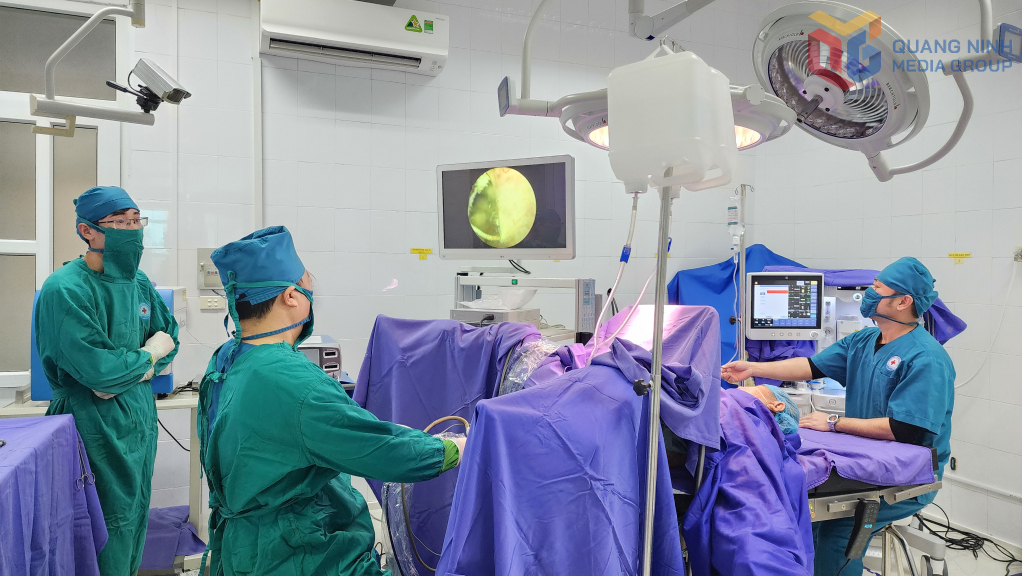
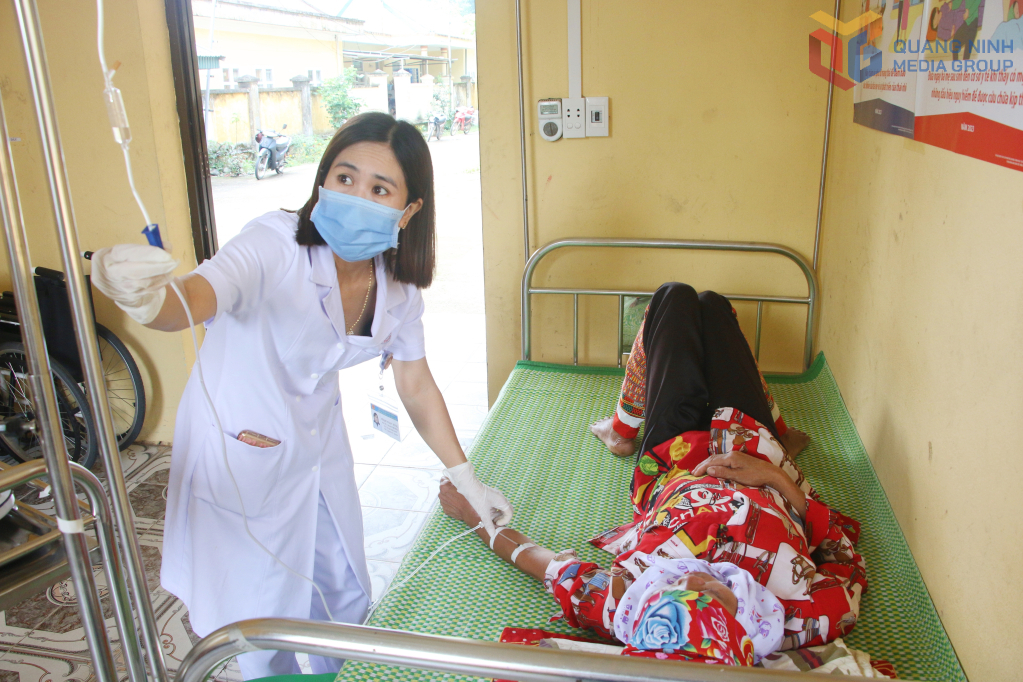






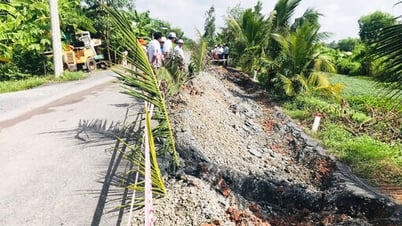





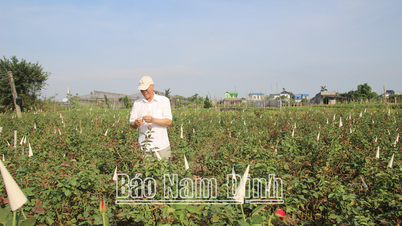












































































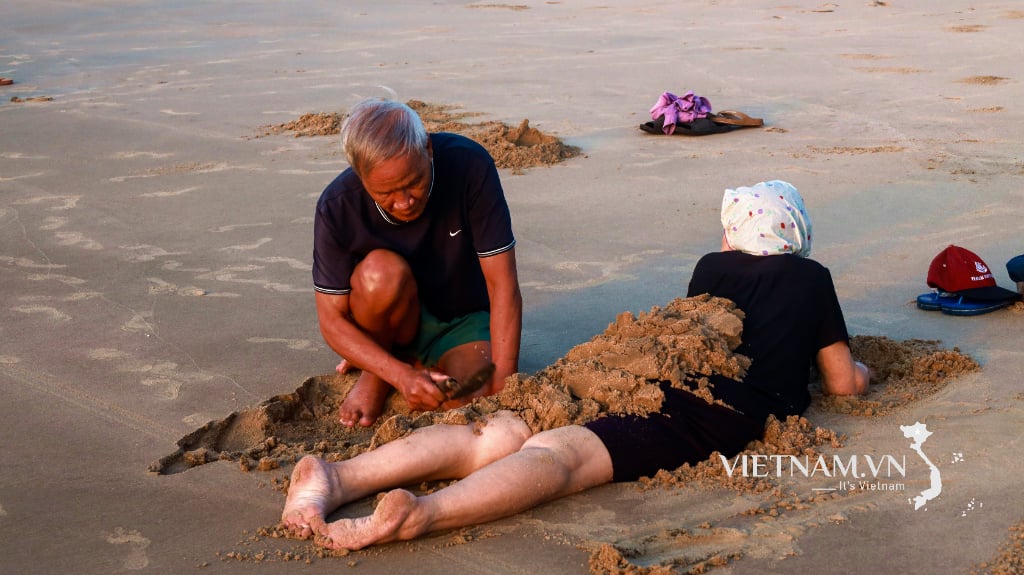

Comment (0)